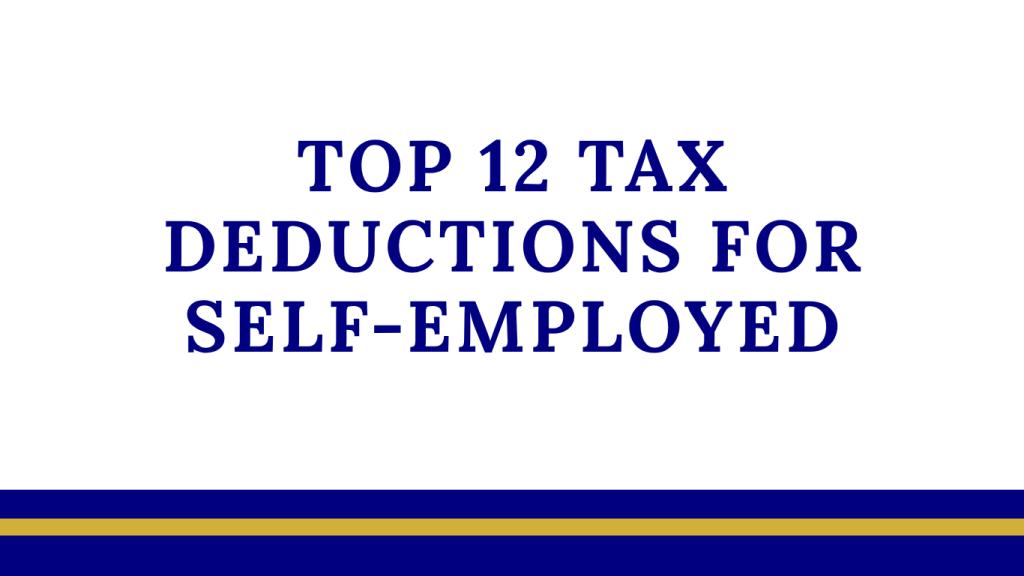If you’ve sold stocks, real estate, or other investments for a profit, you might owe taxes on those gains. But not all investment income is taxed the same way. When you hold an asset for more than one year before selling, you qualify for long-term capital gains tax rates, which are usually lower than regular income tax rates.
Understanding where your income falls within the capital gains tax brackets can help you plan your investment strategy—and potentially save on taxes.
What Are Long-Term Capital Gains?
A capital gain is the profit made when you sell an asset for more than you paid for it. If you’ve held that asset for more than one year, it’s considered a long-term capital gain and is taxed at special, reduced rates.
These rates are designed to encourage long-term investing and are based on your taxable income and filing status.
2025 Long-Term Capital Gains Tax Rates
Here are the long-term capital gains brackets for the 2025 tax year:
- 0% Rate
- Unmarried individuals: up to $48,350
- Married filing jointly: up to $96,700
- Head of household: up to $64,750
- 15% Rate
- Unmarried individuals: $48,351 to $533,400
- Married filing jointly: $96,701 to $600,050
- Head of household: $64,751 to $566,700
- 20% Rate
- Applies to any taxable income above those thresholds listed above
How This Applies to You
If your taxable income is below the 0% threshold, you may owe no tax at all on long-term capital gains. If your income falls in the middle range, you’ll pay 15%, and if you’re in the highest bracket, you’ll be taxed at 20%.
This is important for planning big sales—like selling investments, business shares, or real estate (outside of your primary home). The timing of your sale and your total income for the year can significantly affect how much you owe.
Why It Matters
Long-term capital gains tax planning can help you hold onto more of your investment income. By understanding the brackets, you can make strategic decisions about when to sell assets, how much to sell at once, and whether other deductions or income shifts might lower your tax rate.
This is one area where a little planning can result in real savings, especially for small business owners and investors who have assets with significant appreciation.



